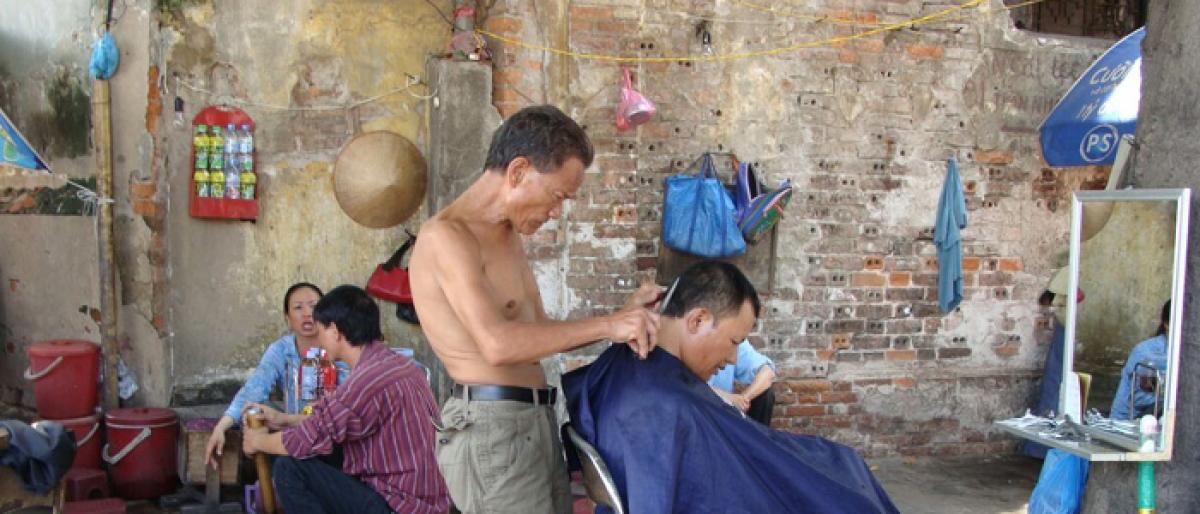Live
- Gold rates in Vijayawada today stable, check the rates on 01 December, 2024
- Three held for possession, sale of MDMA
- Congress expels party leader over sexual harassment case
- ‘Invest Karnataka 2025’ gets global spotlight in UK roadshow
- Gold rates in Hyderabad today stable, check the rates on 01 December, 2024
- Gold rates in Visakhapatnam today stable, check the rates on 01 December, 2024
- Usage of Ringer Lactate solution stopped in govt hospitals: Minister
- Cyclone Fengal: Heavy Rainfall Occurs in Nellore and Surrounding Areas
- Let them jail me, I’ve left it to God, says Vokkaliga seer
- World AIDS Day 2024: It’s time to break the stigma through awareness









